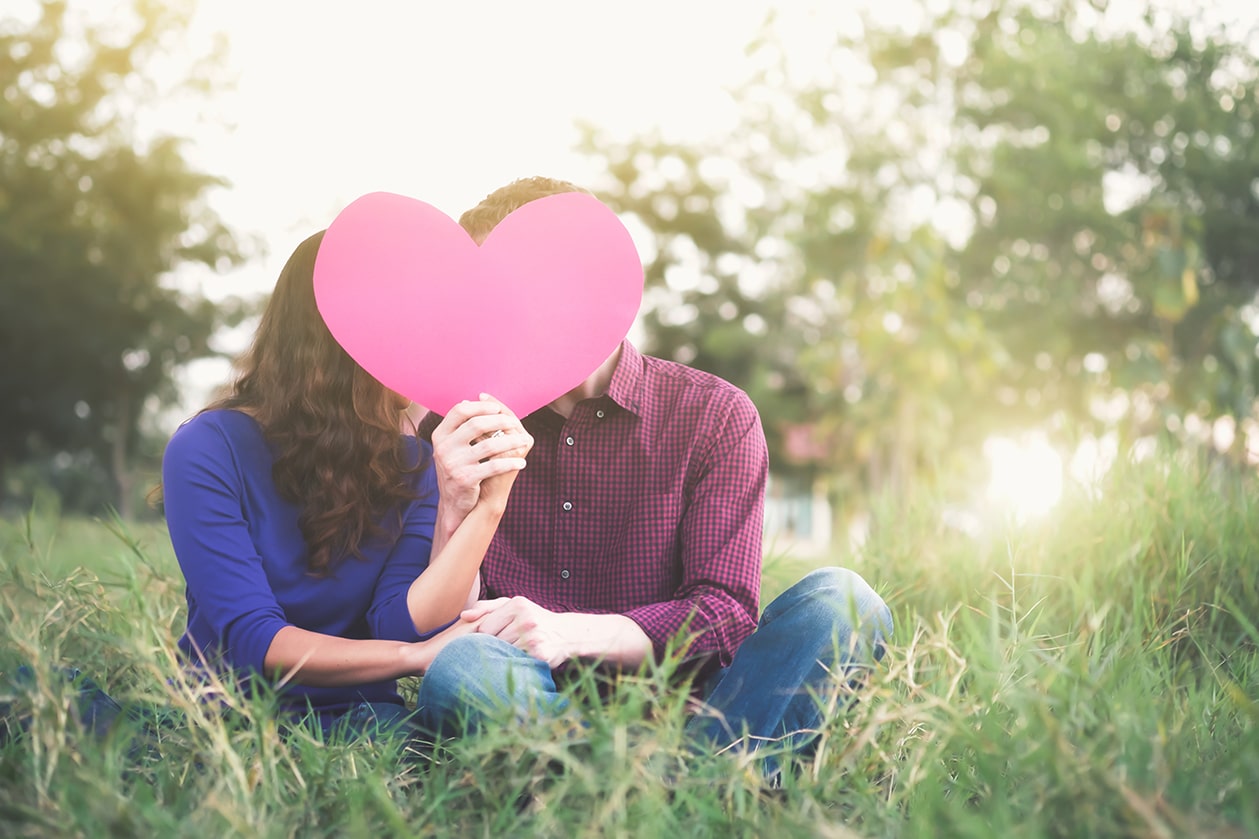Crime
Don’t Date The Locals

Young happy couple in love holding red paper heart in the garden. Love Romance and Valentine Concept idea.
Horrible advice for this American woman living in Delhi.
I first fell in love in Delhi three years ago, with an Indian classmate during a college semester abroad. The city and the relationship were new and exciting. We spent hours talking in the warm kitchen, a cigarette dangling from my girlfriend’s lips as she cooked. My budding relationship with her and our new friends were sources of joy and support as I navigated being a bisexual woman in an unfamiliar
culture.
That navigation isn’t always easy. As a college student abroad in India, I was told multiple times — even in official program handbooks — not to “date the locals.”
This deeply condescending advice was based on American stereotypes about gender-based violence and Indian men. After the 2012 rape of Jyoti Singh Pandey, a 23-year-old physiotherapy intern, the Indian and international media covered the issue extensively. Of course, women and LGBT people — particularly those from oppressed castes, classes or religious groups — suffer horrific violence in India. Yet gender violence is global — a problem in New York as well as New Delhi — and much American reporting about rape in India lacks context, relies on racist stereotypes about Indian men and ignores the fact that Indian feminists have been fighting gender-based violence for centuries.
I’m back in Delhi as a graduate student, and I’m once against searching for romance. Questions of gender and culture remain at the front of my mind. I’m based at a university with students from all over India, from every cultural, socioeconomic and religious background, which means we have many different assumptions about gender, sexuality and consent. This can make dating a challenge. But it also makes every new friendship and conversation an incredible chance to learn from and love people I would never have met.
There have been horror stories. The man who drove me drunk, too fast, on his motorcycle, who wouldn’t stop even as I pleaded. The man who assaulted me in a sad, one-off sexual encounter at my apartment. The dozens of male strangers whose flirtatious Facebook messages I have ignored; yelled about; or tried, in awkward Hindi, to turn into conversations about feminism. These experiences of gender-based violence are familiar — I experienced similar incidents on my American college campus — and also further complicated by differences in language and culture.
But I’ve had my fair share of love stories, too — sexual relationships, yes, but also deep friendships. Stoned nights and deep kisses. Lazy afternoons drinking chai and holding hands. Powerful, brilliant women and loving, feminist men.
These relationships are why I keep coming back to a city 7,000 miles away from home. My friends and partners have helped me interpret cultural signals I don’t understand, have pushed me to challenge my assumptions and have literally formed human walls between me and aggressive men. Loving them has required me to confront my privilege as a white American woman and to invest myself in the issues they care about.
Because, much to the contrary of that insulting advice I received while studying abroad here the first time, falling in love with people who are different from you is the only way to find real community in another culture. And learning to listen, communicate and love across the divisions of race, class and nationality has not only made me a better feminist and more thoughtful person — it has made me a more compassionate friend.
It’s still trial and error on the sex-and-dating front. (Let’s just say I could write another couple of essays on Tinder in Delhi.) But I remain close to the woman I dated that first autumn. All of our friends,
including her, are sick of my starry- eyed take on our love story.
“Yes, we know, we know,” a friend said recently as I told the tale yet again. “She smoked while making supper, and it turned you on. We get it.”
That’s the thing about love across differences: It can be maddeningly difficult and wonderfully exciting. But at its very best, it’s as banal as home.
— Washington Post

You must be logged in to post a comment Login